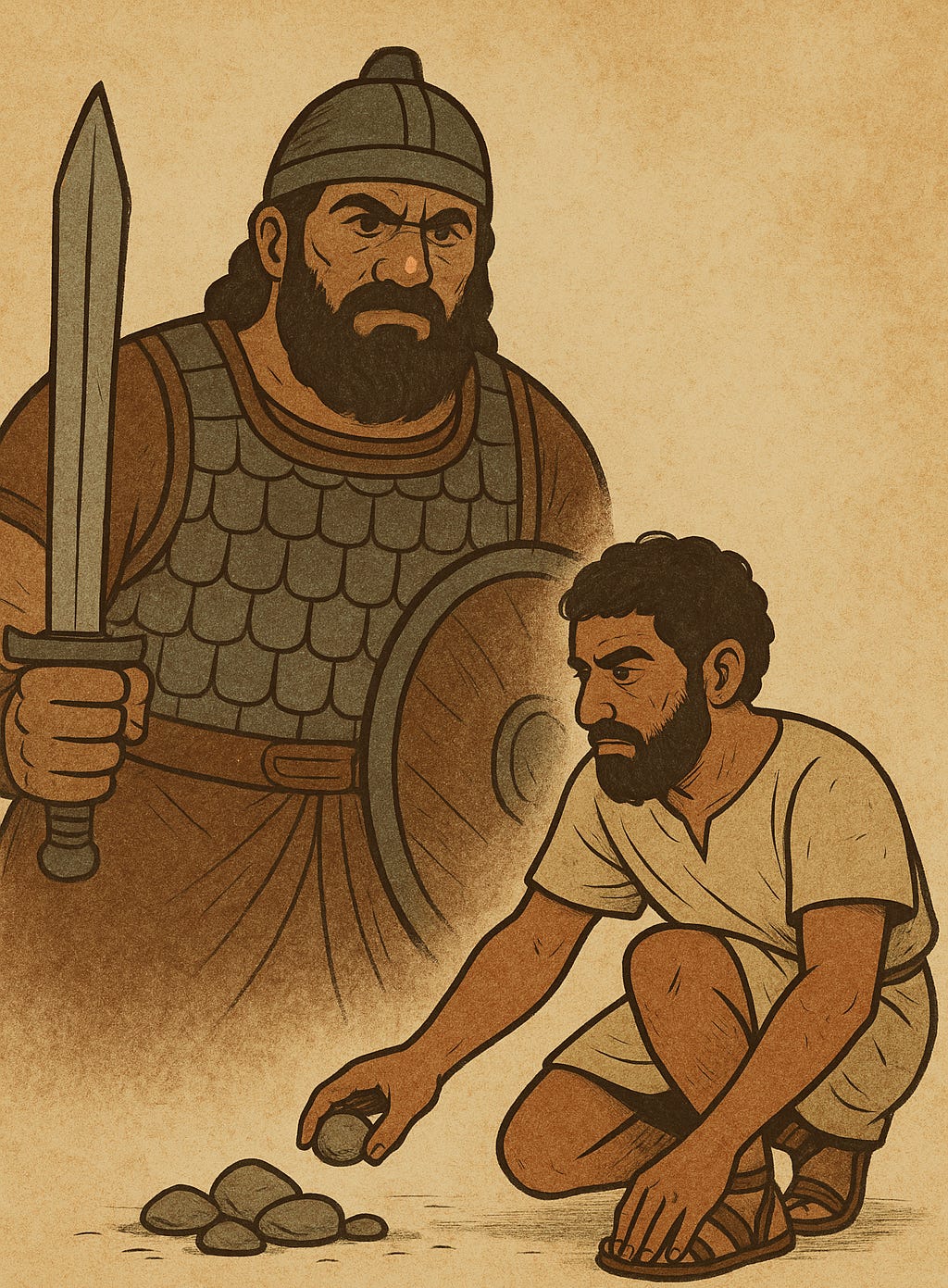Write What Matters (#8)
Don't Just Write What was Asked
I had nothing left.
I’d rewritten the intro four times.
And yet — there I was. Still poking at phrasing. Still reworking the same sentence. Still chasing 2% more clarity from a doc that was probably already good enough.
Was this iteration? Or inertia?
Without clear direction from the PM, I gave up. I submitted the draft.
Later, she messaged me: "Yeah, this is accurate and well-written… but now that I see it, it’s not what I want."
I replied, "Okay. Let’s use this as a reference to figure out what you do want."
She hesitated, then typed: "I want the doc to explain everything the feature does — just not in a way that overwhelms people. I want them to say wow, not oh shit."
I wrote back: "Okay — what if we lead with the benefits, keep the intro strong, and simplify the rest? Drop the heavy technical stuff, but include a callout for advanced users who want to dive into the JavaScript library? That way, it’s conceptual and friendly — but there’s still a path for power users."
She replied: "YES. That’s it.”
Discernment is the Real Skill
This is the part of the job no one talks about.
Not formatting.
Not syntax.
Not whether to capitalize “API.”
Good judgment is looking at a wall of content, an incomplete brief, or a vague request and knowing where to begin. It’s separating the work that leads to clarity from the work that just creates motion.
Some writers polish sentences when the structure is broken. They revise wording instead of asking if the article is necessary. Sometimes the article needs less, not more. And at some point, you have to ask: “Will this actually help anyone?”
Skilled writers focus on what matters:
Cut 500 unnecessary words that serve their egos
Push back against stakeholders when volume overshadows value
Sense when a request masks strategic confusion
Hear what’s missing
This is trained judgment. It is built from exposure, precision, listening, pattern recognition, and the nerve to act before everything is certain.
We tend to treat this kind of judgment like a modern skill, shaped by Jira tickets and agile timelines.
But it’s not new.
It’s ancient.
Long before technical writers wrangled API guides, people were making high-stakes decisions with limited information and no margin for error.
Not Everyone Gets Stuck
There’s a pattern in ancient texts, mythology, and modern storytelling:
One character exhausts himself by solving the wrong problem.
Another walks in, sees clearly, cuts through it.
Simplicity as Strategy
Recall David of David and Goliath fame. When David arrives on the battlefield, the entire army is stuck. Goliath has issued a challenge. For forty days, no one has taken up the challenge. They are paralyzed. They are debating armor, strategizing weaponry, and evaluating size and strength.
David sees something else.
He doesn’t match Goliath’s scale. He doesn’t need to. While others prepare for combat, David opts for precision. He refuses the armor, bypasses the noise, and isolates the real problem: an exposed, slow giant who is vulnerable in exactly one place.
Where others saw a fight, he saw a flaw. And he trusted it.
David simplifies the conflict.
This is discernment.
Seeing Beyond the Claim
Or, look to Solomon.
Two women stand before the king. One child. Two motherhood claims. No witnesses. No proof. They plead for judgment.
Solomon calls for a sword.
"We’ll divide the child," he says. "Each of you will receive half."
The words hang in the air.
One woman breaks. She cries out. “Give her the child,” she says. “Just don’t kill him.”
The other agrees to the split. Her truth is revealed not by her words, but by what she’s willing to destroy.
That was the judgment.
Solomon didn't need to divide the child. He needed a tool to discern the truth.
When Discernment Breaks Down
It’s easy to admire discernment in hindsight, to see the clean judgment, the simple move, or the truth revealed in one decisive moment.
But in the moment? That’s harder.
Most of us don’t simplify the conflict. We get stuck inside it. This kind of judgment doesn’t usually fail with a loud crash. It slips quietly, subtly, in slow misallocations.
I opened this article with that story about rewriting an intro four times. That wasn’t rigor. That was fog. I kept polishing the language without understanding the purpose or the audience.
The Pareto Principle — the idea that 80% of outcomes come from 20% of causes — isn’t just a productivity trick. It’s a warning. Many of us spend most of our time on the wrong things. And the longer we circle around them, the harder it is to stop. The more we’ve poured in, the more we need the effort to mean something.
We saw this dynamic occur at a global scale during the pandemic.
A 2022 study on frozen goals looked at people whose ambitions were derailed by COVID — projects they couldn’t pursue, roles they couldn’t grow into, plans they had to abandon. But even when those goals became impossible, they didn’t disappear. People held on. Internally, emotionally, they stayed committed.
And because they couldn’t move forward — or let go — many suffered higher stress, lower motivation, and diminished well-being.
Clear thinking doesn’t always mean pushing harder. Sometimes it means letting go — especially of the work that has stopped serving the goal.
Keep reading with a 7-day free trial
Subscribe to Refined Draft to keep reading this post and get 7 days of free access to the full post archives.




